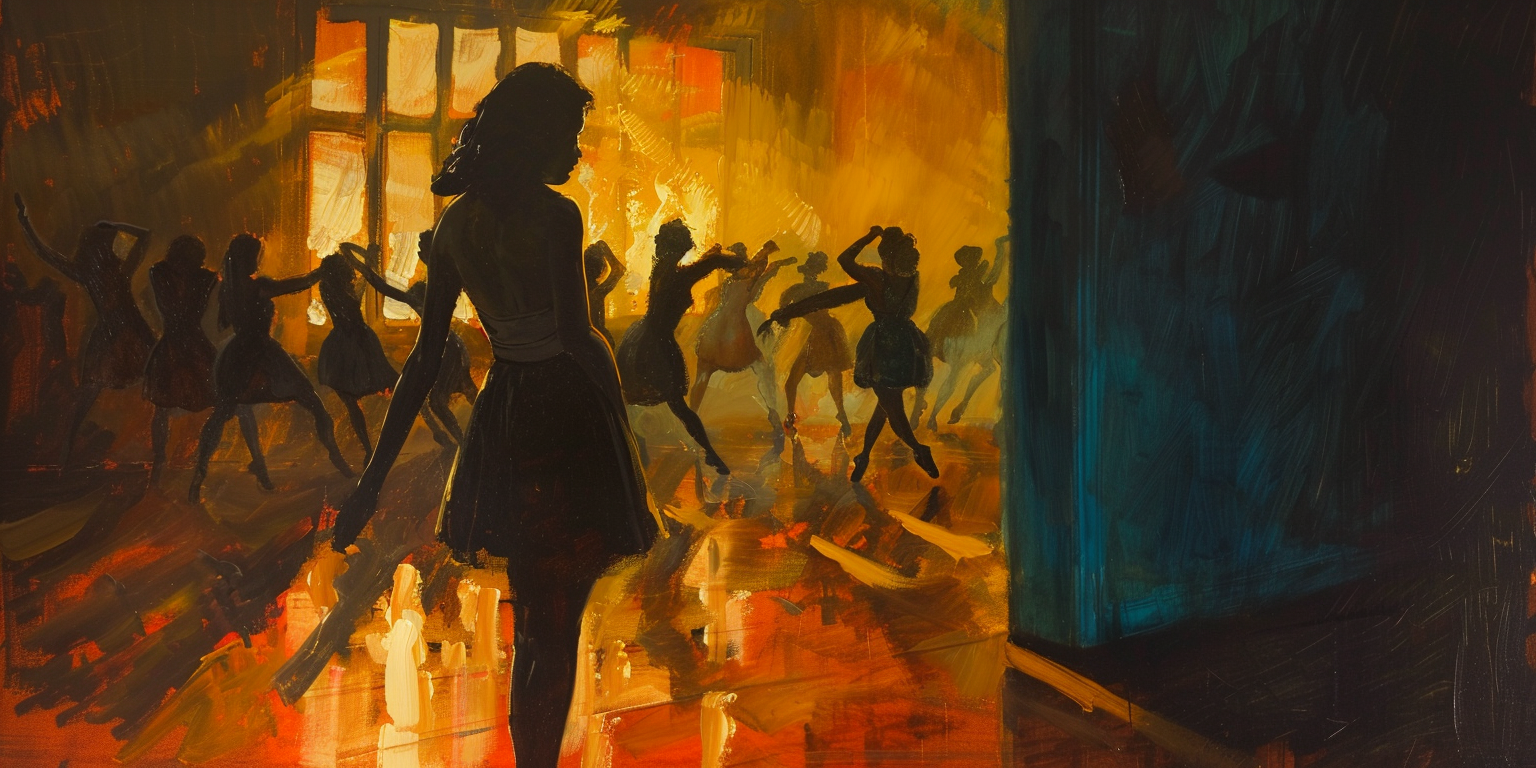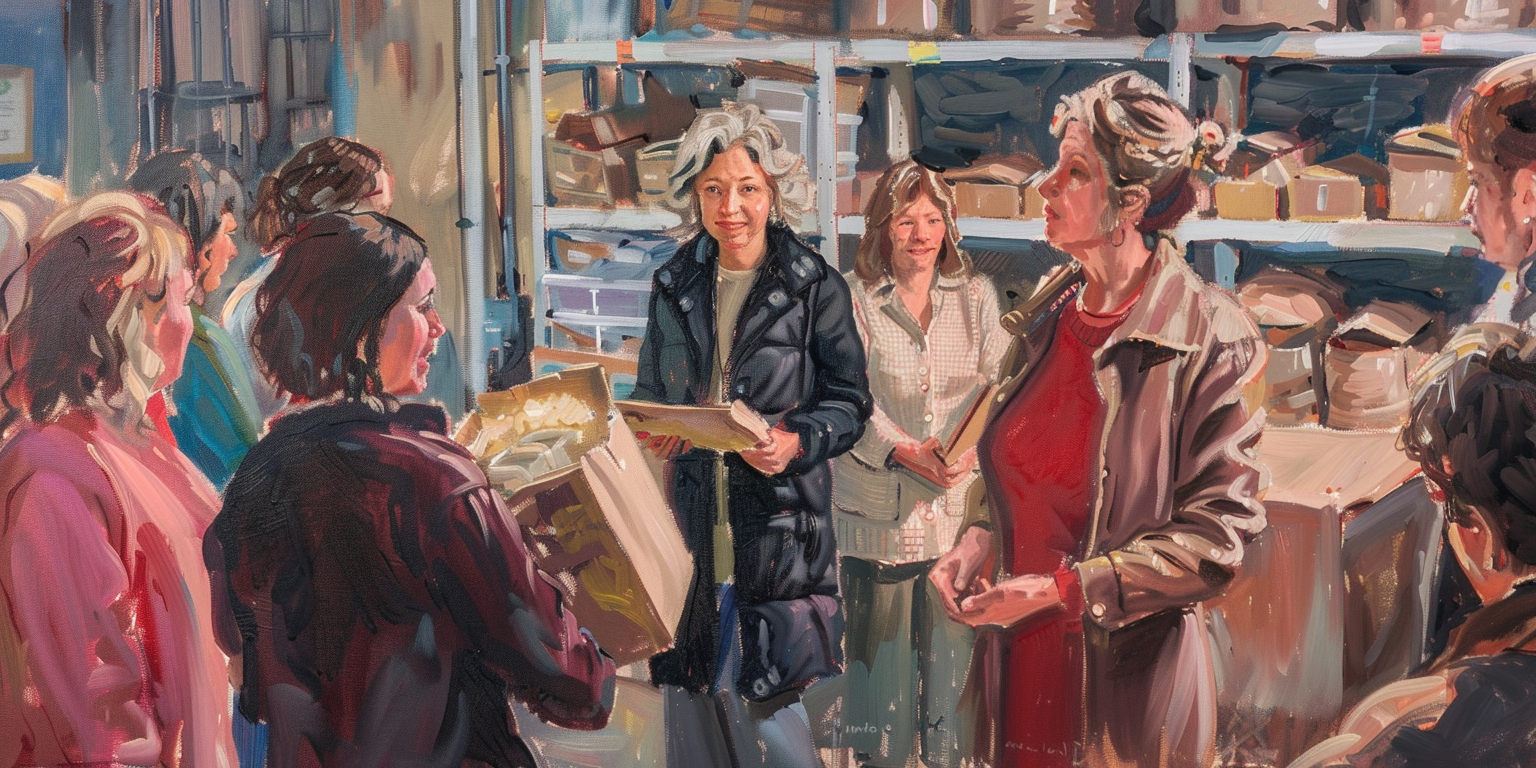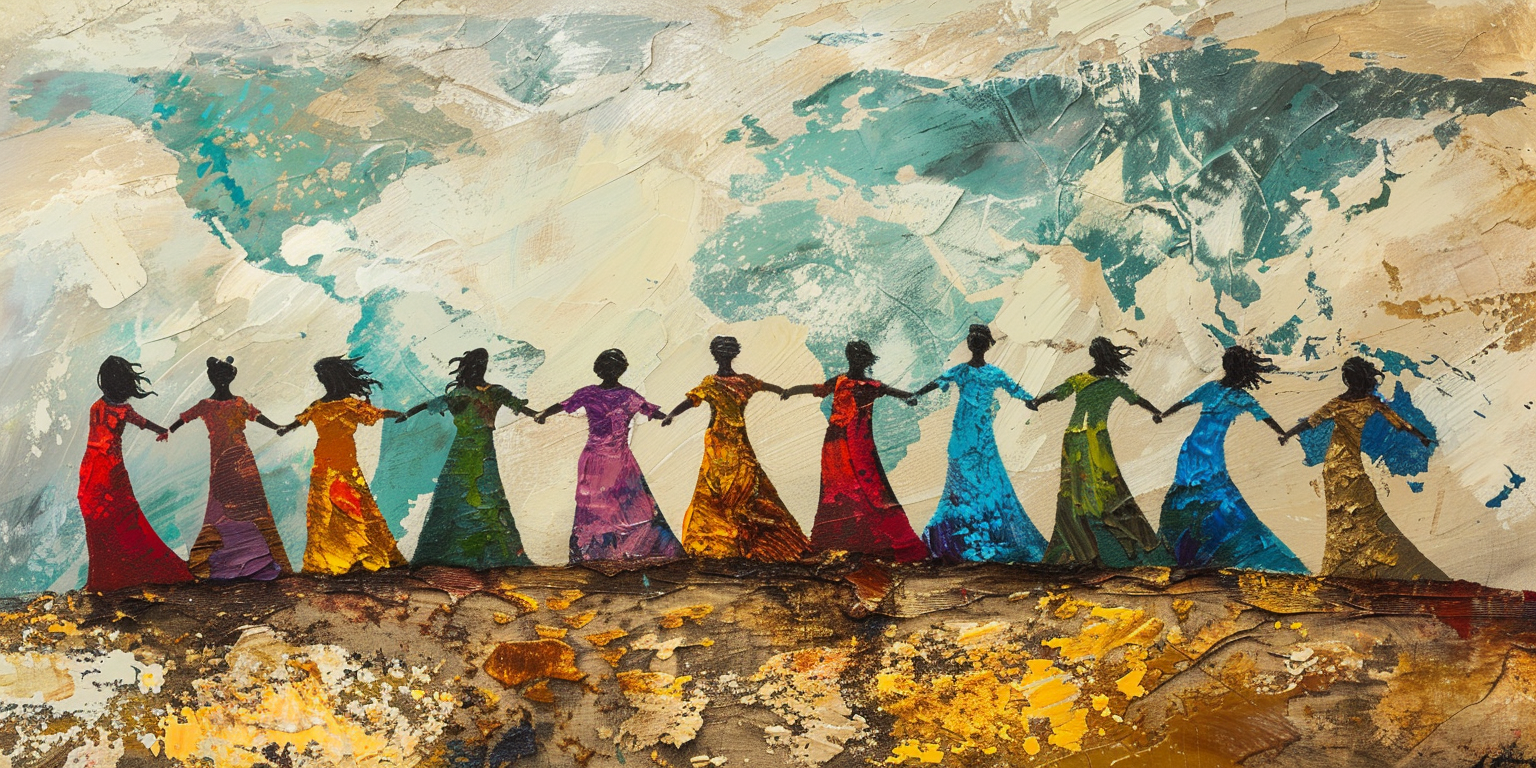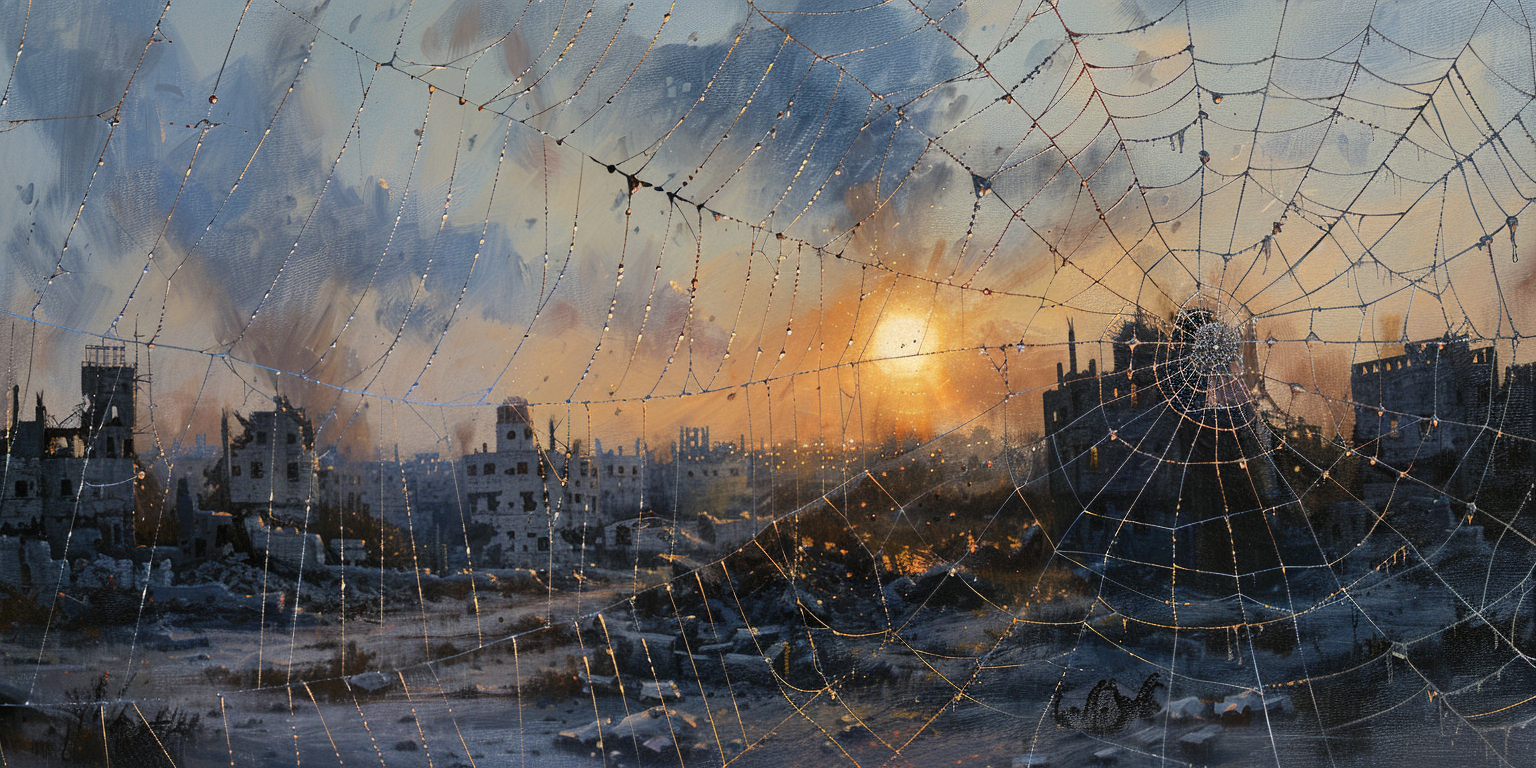
History in Motion: The Living Legacy of This Is The Place Heritage Park
What makes This Is The Place so special? It represents the pioneers, their struggles, diversity, and the quest for freedom.

What makes This Is The Place so special? It represents the pioneers, their struggles, diversity, and the quest for freedom.

Is belonging merely about presence? No, it requires active participation and meaningful connections.

Can we regard all nudity in art as innocent? Sexual undertones and potential for exploitation suggest not.

How do the Church of Jesus Christ Women-led initiatives, partnerships, and comprehensive care drive their mission?

Latter-day Saints can help create a safe haven for refugees. Their extensive support system can help create successful integrations.

Exploring the ‘sin’ of our time, this piece unveils the arrogance in assuming history is deterministically linear.

Misguided empathy can harm. True understanding demands not just listening but deep knowledge and open hearts.

Was President Holland’s BYU talk a message of love or exclusion? A closer look shows a narrative of faith and compassion.

Latter-Day Saint women challenge the narrative of oppression, countering the view that they lack power within the Church of Jesus Christ.

It would help if we understood some of the complexities of the Israel-Gaza conflict that popular slogans ignore.

How can different faiths unite? Mutual respect and commitment to peace shaped this historic transfer.

Does pursuing vengeance serve justice? In many cases, it prolongs and multiplies conflict, harming innocents.